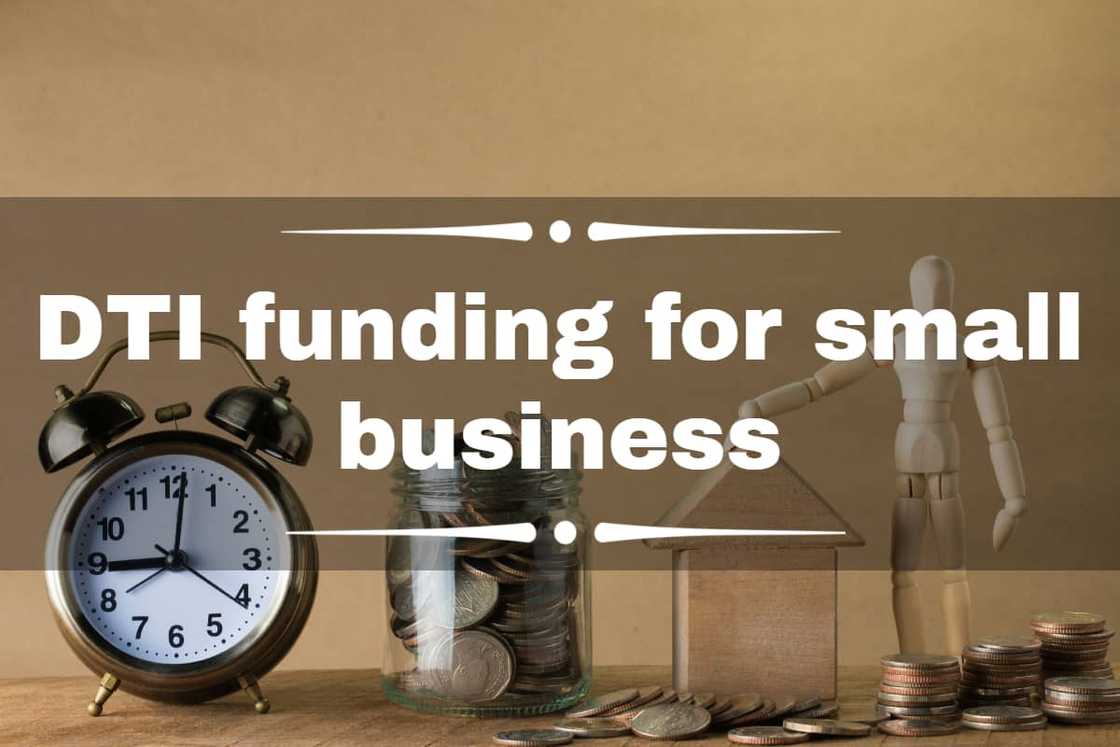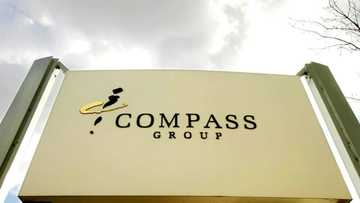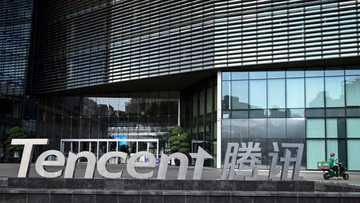How to apply for business grants? DTI, SEDA, IDC, NEF and non-repayable grants
Many South Africans have business ideas with the potential to earn them a lot of money. Unfortunately, many lack the financial resources to actualise their ideas. If you are an entrepreneur looking for cash to start a venture, you need to learn about business grants, including DTI funding for small businesses.

Source: UGC
Many South Africans have benefited from business grants like DTI funding for small businesses, SEDA, NEF, and IDC. If you wish to be a beneficiary, you must apply for them.
How to apply for business grants in South Africa
Starting and running a successful business is a challenging task. Many people struggle because they lack adequate capital to start and run operations.
Programmes like DTI funding for small businesses have made many people's dreams a reality. Read on if you need to learn how to apply for government grants for small businesses.
DTI funding
DTI stands for the Department of Trade and Industry. DTI offers a type of government funding to small businesses in multiple sectors. The aim of the assistance is to promote economic development, increase healthy competition, increase the enterprise economy, and widen the economic opportunities available to citizens.
DTI incentives available
There are multiple ways the DTI offers financial assistance to small businesses, as shown below.
- Capital Projects Feasibility Program (CPFP): For enterprises dealing in local exports.
- Production Incentive (PI): This is an upgrade grant facility or interest subsidiary facility.
- Automotive Investment Scheme (AIS): This is used to grow the automotive sector
- Clothing and Textile Improvement Competitiveness Program (CTICP): For enterprises dealing in apparel and textile manufacture.
- Support Program for Industrial Innovation (SPII): This is given to technology innovators.
- Aquaculture Development Enhancement Program (ADEP): This facility is issued to registered entities engaged in aquaculture activities.
- Critical Infrastructure Program (CIP): This scheme improves investment in critical infrastructure projects
NB: The DTI funding requirements may vary depending on the type or form of funding you want. To apply for this financial assistance, your business should fill out the DTI funding application forms on the DTI website.

Source: UGC
SEDA
SEDA refers to the Small Enterprise Development Agency. The agency was established in December 2004 under the Department of Small Business Development.
SEDA offers loans and grants to small businesses. It puts the specific businesses it wishes to issue grants to on the website. The agency also issues the criteria businesses must meet to receive funding.
SEDA online application
Applications for the SEDA grant are made online. You can confirm if your small business meets the criteria for funding. SEDA normally gives details of the application process on its official website.
Since the details vary depending on the sector and requirements, there are no official SEDA funding application forms for 2023.
SEFA funding
SEFA is an acronym for Small Enterprise Finance Agency. It was founded in 2012. Since then, the government has been funding it to support small businesses.
There are various forms of SEFA funding, including term loans, bridging loans, and structured finance. As a result, SEFA funding requirements vary depending on the form you wish for.
To get a SEFA loan, for instance, you must submit a completed SEFA application form and a comprehensive business plan.
IDC funding
IDC is an acronym for the Industrial Development Corporation. IDC offers financial support to businesses looking to acquire capital for buildings, equipment, business expansion, or starting a venture.
How to apply
There is no official IDC funding application form. Instead, enterprises seeking funding should follow the steps below.
- Write a well-researched business plan. The plan should give a compelling case for funding.
- Register online for submission or submit the plan to the IDC offices. Ensure your application contains all relevant documents and certificates.
- IDC will confirm it has received your documents. Allow the officials time to process them. They may ask for extra information or documentation.
- The agency will give you feedback on the outcome of your application. If your business is successful, due diligence will be conducted by the relevant officials.
- Once verified, you will be asked to sign a loan contract before receiving cash.

Source: UGC
NEF funding
The National Empowerment Fund (NEF) is a project by the Government of South Africa to support and boost public participation in business and entrepreneurship. The fund was established in 1998.
NEF offers financial and non-financial support to black-owned and managed businesses. It also promotes a saving and investment culture among black people. NEF offers various forms of support, as listed below.
- Tourism Transformation Fund
- Rural, Township & Community Development Fund
- Strategic Projects Fund
- Arts & Culture Venture Capital Fund
- Women Empowerment Fund
- IMbewu Fund
- UMnotho Fund
How to apply
- Visit the NEF website to download the NEF funding application form.
- Complete and submit the form.
- The relevant officials will screen the application.
- Screened application forms will be taken to the investment committee for approval.
- Once approved, NEF will do due diligence on your business.
- The relevant officials will re-submit the final report.
- Next, the relevant NEF officials will conduct the necessary legal procedures.
- Finally, the funds will be disbursed.
LEDA funding
The Limpopo Economic Development Agency (LEDA) was established in 2016 with the aim of accelerating job creation and promoting economic growth and development. It does this by offering business loans.
The LEDA funding application form is available on the official website. Kindly note that these are loans, not grants.
What are non-repayable small business grants?
These are a type of development funding the Government of South Africa offers to support small business growth. The businesses are not required to pay back the amount received.
How do I get local grants for my small business?
You can get grants by applying for those you qualify for, e.g. DTI, SEDA, IDC, and NEF.
What does SEDA help with?
SEDA provides support for small businesses in various phases of their life cycle. The support includes offering business talks and providing funds, tools, and equipment needed to start, run, and operate an enterprise.
Many South Africans are beneficiaries of DTI funding for small businesses. SEDA, IDC, and NEF have assisted others. These agencies promote business development in the country.
DISCLAIMER: This article is intended for general informational purposes only and does not address individual circumstances. It is not a substitute for professional help or advice and should not be relied on to make decisions of any kind. Any action taken upon the information presented in this article is strictly at your own risk and responsibility!
READ ALSO: How to calculate PAYE on salary 2022: step-by-step guide
Briefly.co.za recently published details on how to calculate PAYE on salary. PAYE means pay-as-you-earn tax. It is a repayment scheme that incrementally makes deductions as paychecks are received in South Africa.
The South African Revenue Service collects pay-as-you-earn tax from employees. After PAYE is deducted, one receives a net salary.
Source: Briefly News

Peris Walubengo (Lifestyle writer) Peris Walubengo has vast experience in search engine optimization through digital content generation, research, editing, and proofreading. She joined Briefly.co.za in November 2019 and completed the AFP course on Digital Investigation Techniques. You can email her at perisrodah254@gmail.com.

Cyprine Apindi (Lifestyle writer) Cyprine Apindi is a content creator and educator with over six years of experience. She holds a Diploma in Mass Communication and a Bachelor’s degree in Nutrition and Dietetics from Kenyatta University. Cyprine joined Briefly.co.za in mid-2021, covering multiple topics, including finance, entertainment, sports, and lifestyle. In 2023, she finished the AFP course on Digital Investigation Techniques. She received the Writer of the Year awards in 2023 and 2024. In 2024, she completed the Google News Initiative course. Email: cyprineapindi@gmail.com






